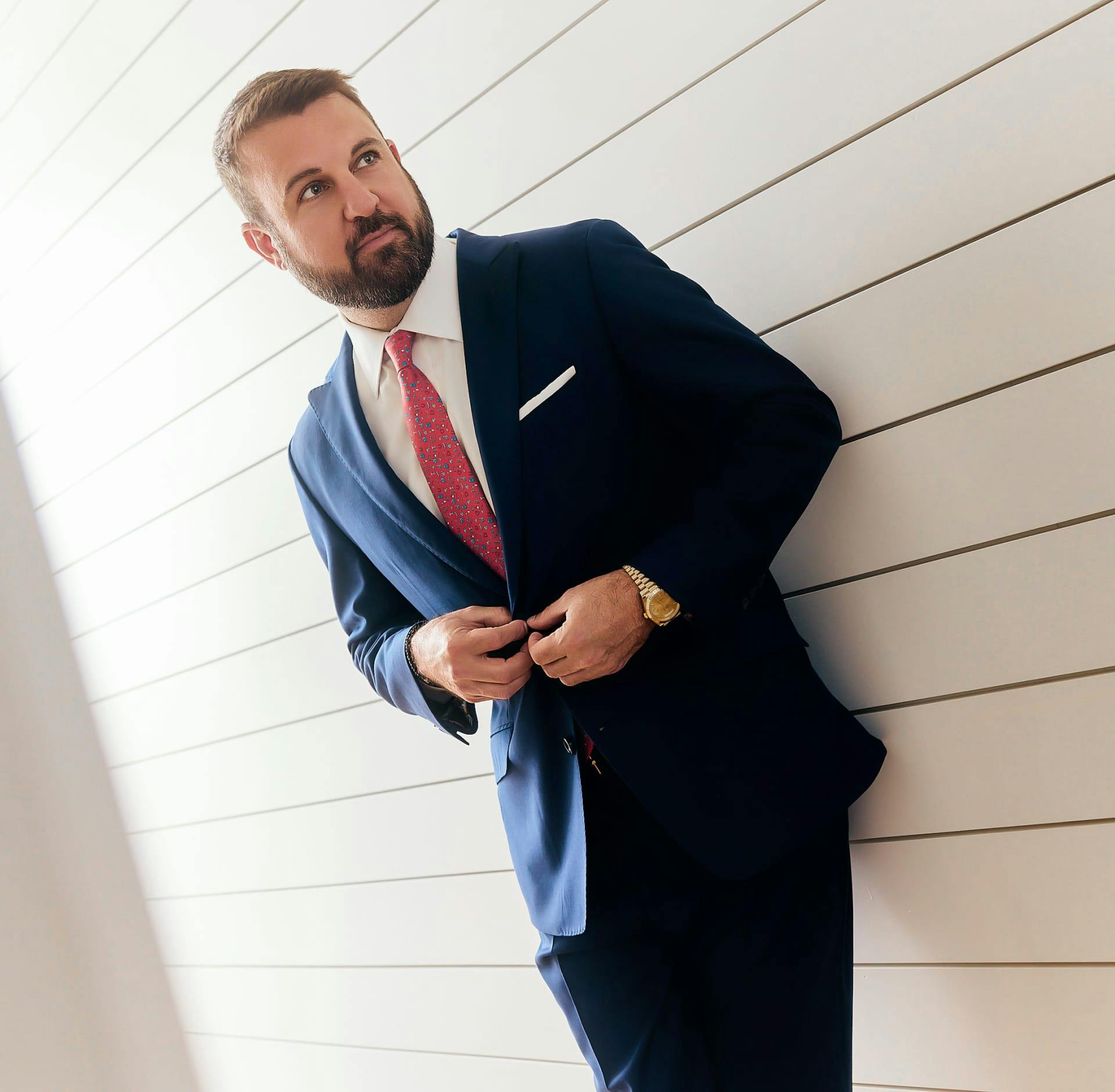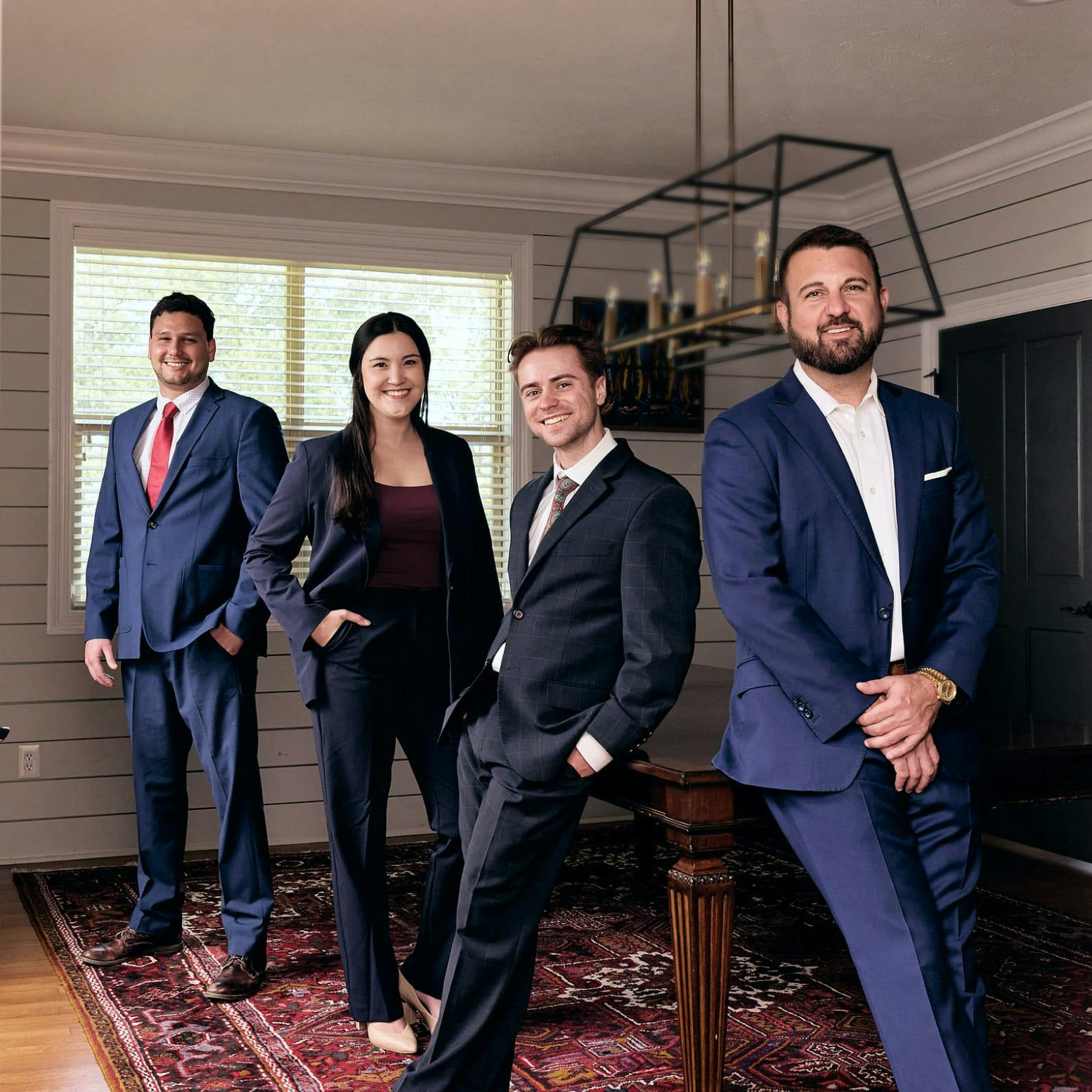Ridesharing services like Lyft have transformed how we travel. Unfortunately, not every ride is safe. Reports of sexual assault by drivers—or even other passengers—have put many riders on edge, unsure of their rights or where to turn for help.
FAQs
Can I file a claim even if I did not immediately report the assault to the police or Lyft?
Absolutely. While prompt reporting can help strengthen your case, it is not an automatic disqualifier if you did not initially contact the police or Lyft. You may still pursue legal action if you have other evidence—such as messages, medical exams, or witness statements—and can demonstrate the assault occurred.
How does my anonymity get protected during a Lyft sexual assault lawsuit?
Courts recognize the sensitive nature of sexual assault cases, and there may be legal options to protect your identity. Some states allow survivors to file under initials or “Jane Doe”/“John Doe.” Your attorney can request protective orders or confidentiality agreements to safeguard personal information. While absolute anonymity can’t always be guaranteed, these measures help keep your details out of the public record as much as possible.
What if I live in a different state than where the assault occurred?
Jurisdiction can be complex, but it typically lies where the assault took place. If you no longer live in that state, you can still bring a claim. Modern technology allows for remote court appearances and depositions in many cases. Your attorney will advise you on whether to file suit in the state where the incident occurred or if there are any alternative venues that may apply.
Could Lyft’s arbitration clause affect my ability to sue?
Some rideshare companies include arbitration clauses in their terms of service. These clauses can require disputes to be resolved privately rather than in court. However, many sexual assault cases challenge the enforceability of such clauses, arguing they are unconscionable when it comes to egregious misconduct. An experienced lawyer can review the specific terms of your agreement with Lyft and help determine whether you can bypass or challenge the arbitration requirement.
Does the criminal case outcome impact my civil lawsuit?
Criminal and civil proceedings are separate. A criminal case must prove guilt “beyond a reasonable doubt,” while a civil case uses a “preponderance of the evidence” standard. Even if criminal charges are dropped, or a driver is acquitted, you may still have a valid civil case. A not-guilty verdict in criminal court does not automatically negate your ability to recover damages in a civil suit.
What if the driver’s account was deactivated by Lyft after my report—does that help my case?
Lyft’s response can be relevant to your case if it indicates the company believed the report was credible enough to remove the driver. While deactivation itself doesn’t prove liability or wrongdoing, it can support a claim that the driver was a known risk. Your attorney may use Lyft’s internal actions, policies, and investigation results to bolster your allegations of negligence.
Can I still pursue a claim if I also plan to sue the driver individually?
Yes. Filing claims against multiple parties is common in these situations. You may include Lyft, the driver, and possibly others (like background check providers) in one lawsuit or in separate actions. Your attorney will guide you on the best strategy based on your specific circumstances, available evidence, and the legal requirements in your jurisdiction.
Are there any specific state laws that provide additional protections for sexual assault survivors in rideshare incidents?
Some states have enacted legislation aimed at strengthening rideshare regulations and safeguarding passengers’ rights. This may include mandatory driver background checks, fingerprinting, or additional insurance coverage. Your attorney can explain how state-specific rideshare or sexual assault survivor laws might reinforce your claim or offer added protections.
How important is digital evidence from the Lyft app itself?
Digital evidence, such as ride receipts, route tracking data, driver profiles, and in-app messages, can be crucial. This information can help confirm your whereabouts, the length of the ride, and the driver’s identity at the time of the assault. Securing this data promptly is essential; rideshare companies frequently retain it for limited periods, so requesting it early can strengthen your case.
Can I recover costs for therapy or counseling related to the trauma?
Yes. If you can show that you need mental health treatment—such as therapy, counseling, or medications—to cope with the psychological impact of the assault, those expenses can be part of your damages claim. Courts recognize that sexual assault often results in emotional distress, and compensation may include costs for mental healthcare, future therapy needs, and other related services.




